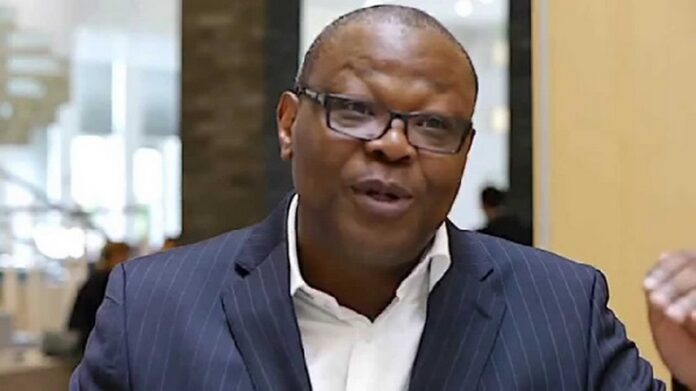Conflict resolution and peacebuilding expert, Emmanuel Bombande, has criticised a recent Reuters report suggesting that northern Ghana is serving as a logistical and medical base for Islamist militants involved in Burkina Faso’s conflict.
He called the report “completely sensational and over-exaggerated.”
Mr Bombande’s remarks, made during an interview with Accra-based Joy FM on October 25, 2024, responded to the October 24, 2024, Reuters article titled: “In Ghana, Sahel Jihadis Find Refuge and Supplies, Sources Say.”
According to Reuters, unnamed Ghanaian security officials and regional diplomats claimed that authorities in Ghana were “turning a blind eye” to militants crossing the border from Burkina Faso to obtain food, fuel, medical aid, and even explosives.
The report cautioned that this alleged leniency could allow jihadist groups to establish a foothold in Ghana and potentially recruit within vulnerable local communities.
Mr Bombande, who once chaired the board of the Global Partnership for the Prevention of Armed Conflict, argued that such reports often stem from a misunderstanding by outsiders as to why Ghana has avoided jihadist attacks.
He emphasised that Ghanaian security agencies, despite facing significant challenges, are working closely with local communities, supported by initiatives like the “See Something, Say Something” campaign by Ghana’s National Security.
For him, the “See something, Say something” campaign has heightened public awareness about terrorism threats and encouraged civilian collaboration with security forces.
Mr Bombande noted that “describing northern Ghana as a logistical and medical support base for Sahel jihadists is sensational, costly, and over-exaggerated.”
He further urged the Ghanaian public to continue supporting security agencies and encouraged civil society organisations and local communities to remain engaged in safeguarding the nation.
The security expert, who formerly served as a special assistant to the UN Secretary-General’s representative to West Africa, lamented attempts to depict Ghana as a passive participant in the region’s jihadist activities.
He advised the public to view such reports critically and to focus on constructive partnerships with security agencies.
ALSO READ:


